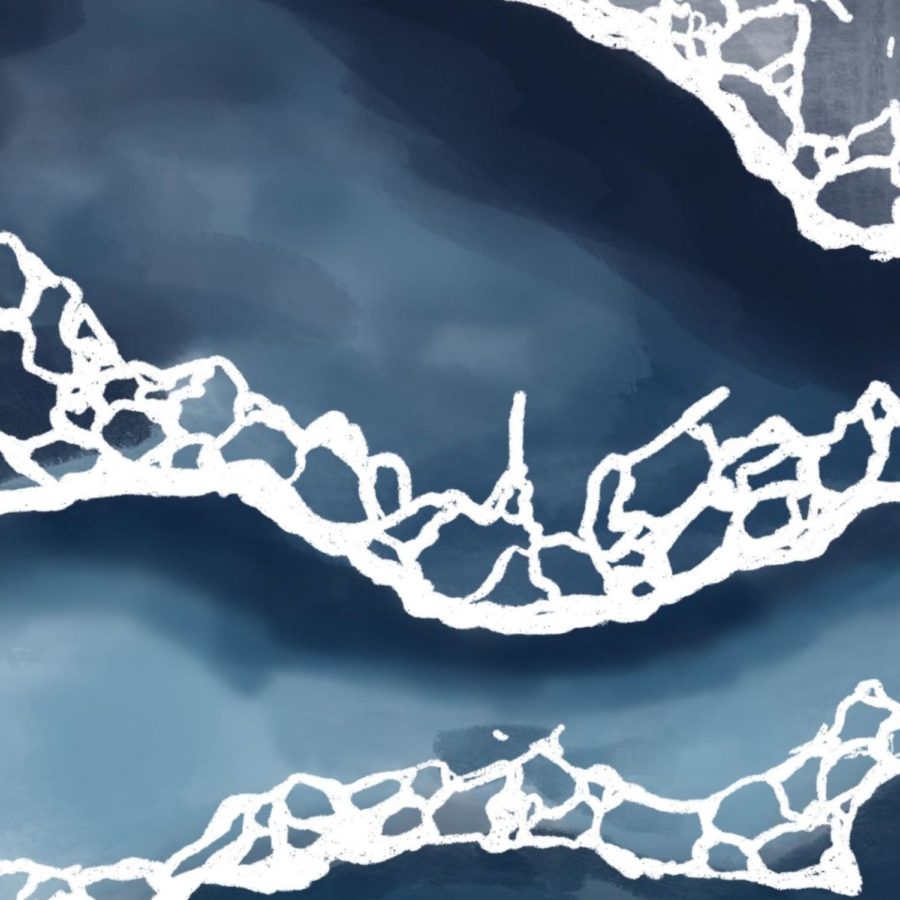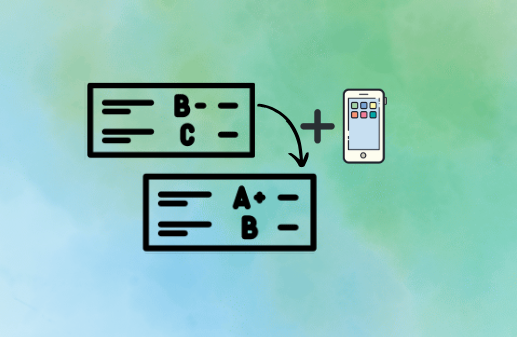Is Water Wet?
Introductory message from Dr. Hartman: In chemistry, we are constantly evaluating the world around us in an effort to figure out how things work. Chemists are inquisitive, curious, and critical thinkers who will often tinker with the smallest questions in an effort to offer greater scientific insight. We often think of these questions as big, grand experiments conducted in a lab, but sometimes it is necessary to reexamine our scientific definitions to ensure they are appropriate for our modern world. This is exactly what Sylvie does in her article “Is Water Wet”. Using her understanding of chemistry, she examines the nuisances of this conundrum that has plagued young scientists at BIM for years, and offers an insightful, well-articulated opinion on the matter.
Water is as simple as a transparent, tasteless liquid, yet it has been the essence of life on earth for billions of years. Such an old necessity for life itself sparks an age-old question that has been in the spotlight of debate for decades. Is water truly wet? Despite it being a relatively straightforward question, there has been no absolute answer thoroughly explained without being either extremely biased or contradictory. Although, by examining the properties of water and the definition of the word wet, it is possible to come to a more logical conclusion than pointless banter on the topic.
Before breaking down this debate, it is important to have an idea of the technical definition of wet. According to the Merriam-Webster dictionary: “wet is defined as a sensation that we get when a liquid comes in contact with us, when something is soaked or saturated in a liquid, or consisting of, containing, covered with, or soaked with liquid.” By this definition, water cannot be wet. Perhaps you have water on some absorbent material, such as felt or cotton— the water makes the felt wet as it gets dissolved in it because according to Webster’s Dictionary, becoming wet is an action that is taken from a liquid that comes into contact with something. This makes it impossible for water to be considered wet as it is the conductor that effectively makes other things wet in the first place. If you place water on a hydrophobic substance, the surface deflects the water, and therefore disables the water from absorbing into the material or into itself. A popular thought that counters this one comes from the fact that water molecules together can act as conductors for one another to make each other wet, and although that may make some sense, it still doesn’t work out. In fact, if anything, it only further proves the argument that water is not wet. This is because if the term “wet” were to be defined as “saturated in water or some other liquid,” and water is believed to only make other things wet, then water is not wet. Then, the added water would be the one to make the previous water wet. Just parts of the full liquid being wet doesn’t make the entire liquid wet at all.
However, many are intent on the idea that water is indeed wet. Frequently, the first thing that is thought of when thinking of rain is if I might get wet. Simple everyday occurrences like rain lead more people to believe that water is wet. Although, as discussed above, wet is just a term we use to describe something that has a liquid touching it on a molecular level. If we use this example, water should be wet, since its high surface tension allows it to stick to itself very well. In addition to describing wet, there is also the term wetness. Wetness refers to the ability of water to stick to itself or something else. This makes water wet because, as stated before, it sticks very well to itself and other materials. A good example of this is when you place a droplet of water on a piece of paper and it’s able to stick that paper to other materials because of the water. Using that example proves that water has wetness, which then proves that water is wet. The third definition of wet—consisting of, containing, covered with, or soaked with water—proves that water is wet, as it itself is a liquid. These are popular ideas that come from people who commonly believe that water is wet. Although, with these strategic points brought up from both sides, it’s hard to come to a conclusion on the topic. Is water wet or not? The most logical conclusion is that water is in fact, not wet. However, just because it is not wet does not mean that it is dry.
There are multiple definitions of wet, so depending on the definition you choose, either answer could be defended. But if I use Merriam-Webster‘s definition, “consisting of, containing, covered with, or soaked with liquid,” water should not be wet. “But if the definition includes ‘consisting of a liquid,’ and water consists of itself, why does any of this matter and how does it discredit the fact that water could be wet?” You may ask, well to start, that one small segment is not the whole definition, nor is it the main idea of the definition, and if you were to examine other definitions, the specific segment mentioning ‘consisting of a liquid’ is nearly never included. On the other hand, words such as “soaked,” or “saturated” are always included, and water should not be able to wet itself. Second, we usually only describe something as “wet” when it is out of water. For example, imagine a pool, the water is completely still and you’re completely still. You can’t feel the water because it feels like nothing. It could be hot, warm, or cold, but it doesn’t actually feel like it’s touching you. When water is surrounding something completely, the object would not be considered wet. If you put water on a hydrophobic object, you would not consider the object wet, would you? So you’re in this completely still pool. You’re not wet. But now say you’d get out of the pool, you would say that you’re wet (and probably cold, too). Water cannot do this, though. When you get out of that pool you are to be considered “wet,” but water wouldn’t because the water would still be contained within itself, therefore, still in the water/in itself. And even if we were to say water is wet, it could not always be wet. Water has three phases, liquid (what is known as water), solid (what is known as ice), and gas (what is known as water vapor). Ice and water vapor are not considered wet. Some might disagree, and others might explain how when picking up a piece of ice it feels wet, but in actuality that’s just the ice melting a slight bit, and it will have a thin layer of liquid water upon its surface. As for water vapor, you wouldn’t wave your hand in the air and claim that it’s wet. If anything, possibly humid, but you certainly wouldn’t say that it’s wet.
In conclusion, water is not wet. If water was wet, it’d only be wet % of the time. Although people commonly claim water is wet because “Water makes other things wet so it has to be wet,” has to think about the same question just in another context, following with the debunking of these ideas earlier. Another example of this includes fire; is fire burnt? When thinking about the question, it should become clear now that water should not be considered wet, it just makes other things wet, as fire is not burnt, it only burns other objects.











